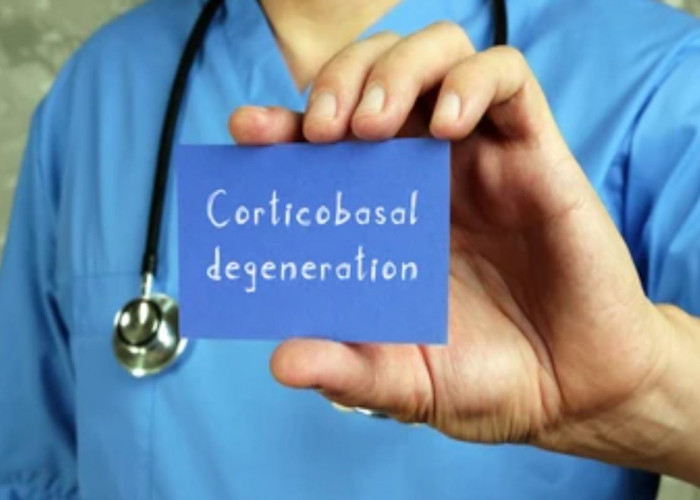 Welcome
Welcome
“May all be happy, may all be healed, may all be at peace and may no one ever suffer."
Corticobasal degeneration
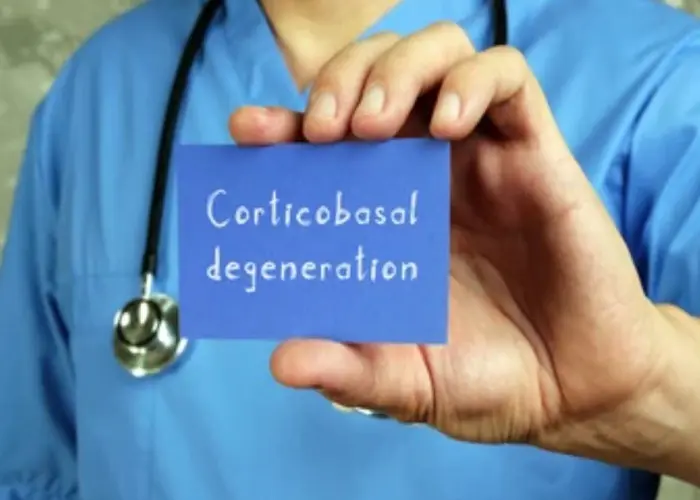
Corticobasal degeneration (CBD) is a rare progressive neurological disorder that primarily affects the basal ganglia and cerebral cortex of the brain. It is characterized by the progressive degeneration of specific areas of the brain, which can lead to a variety of symptoms, including movement disorders, cognitive and behavioral changes, and speech and language difficulties.
The exact cause of CBD is unknown, but it is believed to be related to the abnormal accumulation of a protein called tau in the affected areas of the brain. CBD is sometimes classified as a type of frontotemporal dementia, which refers to a group of disorders that primarily affect the frontal and temporal lobes of the brain.
Symptoms of CBD can vary, but may include:
- Difficulty with movement and coordination, such as stiffness, tremors, and rigidity
- Muscle weakness or atrophy
- Cognitive and behavioral changes, such as memory loss, difficulty with planning and problem-solving, and changes in personality and behavior
- Speech and language difficulties, such as slurred speech, difficulty with word-finding, and difficulty understanding or producing language
- Vision problems, such as difficulty recognizing objects or faces
- Sensory disturbances, such as difficulty with touch or body awareness
There is no cure for CBD, and treatment is focused on managing symptoms and improving quality of life. Medications, physical therapy, and other supportive therapies may be recommended to help manage symptoms. In some cases, deep brain stimulation may be considered a treatment option to help improve movement symptoms.
CBD is a rare and progressive disorder, and the prognosis for individuals with CBD can vary widely depending on the specific symptoms and the progression of the disease. However, with appropriate management of symptoms and supportive care, many individuals with CBD are able to maintain their quality of life for an extended period of time.
Research Papers
Disease Signs and Symptoms
- Poor coordination
- Lose balance
- Tremors or muscle jerking
- Difficulty swallowing (dysphagia)
- Abnormal eye movement
- Speech problems
- Difficulty moving on one or both sides of the body, which gets worse over time
Disease Causes
Disease Prevents
Corticobasal degeneration
Corticobasal degeneration (corticobasal syndrome) can be caused by several underlying pathologies. Most commonly, corticobasal degeneration is characterized by a buildup of tau in brain cells, which may lead to their deterioration and the symptoms of corticobasal degeneration. Half of the people who have signs and symptoms of corticobasal degeneration have corticobasal degeneration. The second most common cause of corticobasal degeneration is atypical Alzheimer's disease.
Other causes include progressive supranuclear palsy, Pick's disease and Creutzfeldt-Jakob disease.
Disease Treatments
There are no treatments that help slow the progression of corticobasal degeneration (corticobasal syndrome). Your doctor may recommend medications to try to manage your symptoms.
Getting occupational and physical therapy may help you manage the disabilities caused by corticobasal degeneration. Walking devices may help with mobility and prevent falls. Speech therapy can help with communication and swallowing problems. A dietitian may be helpful in ensuring the proper nutrition and reducing the risk of inhaling food into the lungs (aspiration).
Disease Diagnoses
Disease Allopathic Generics
Disease Ayurvedic Generics
Disease Homeopathic Generics
Disease yoga
Corticobasal degeneration and Learn More about Diseases
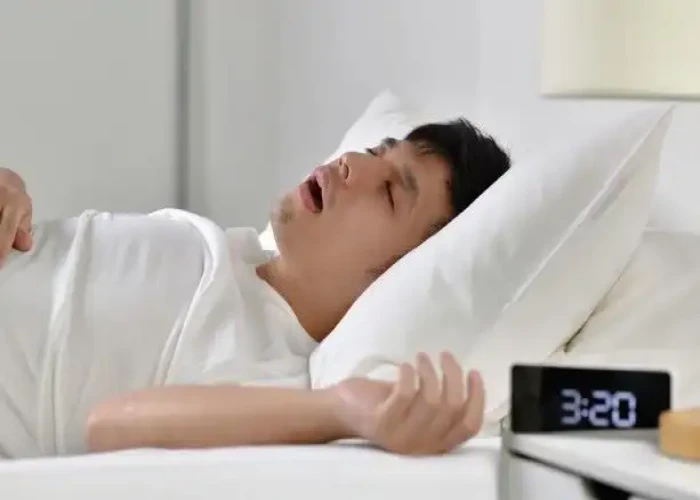
Snoring
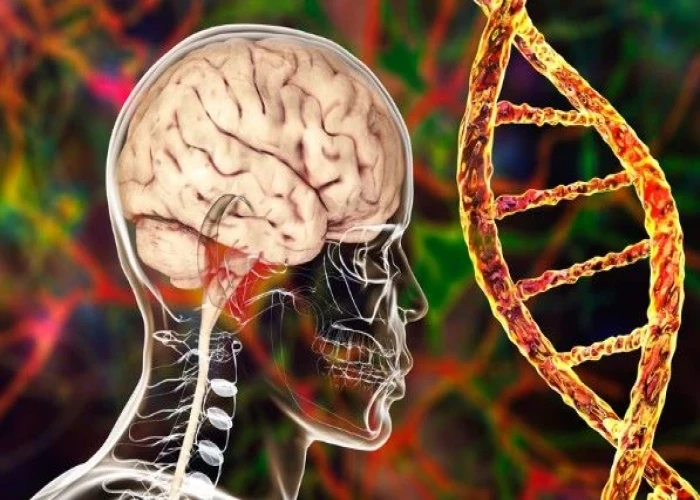
Metachromatic leukodystrophy

Edema

Corns and calluses

Reactive arthritis
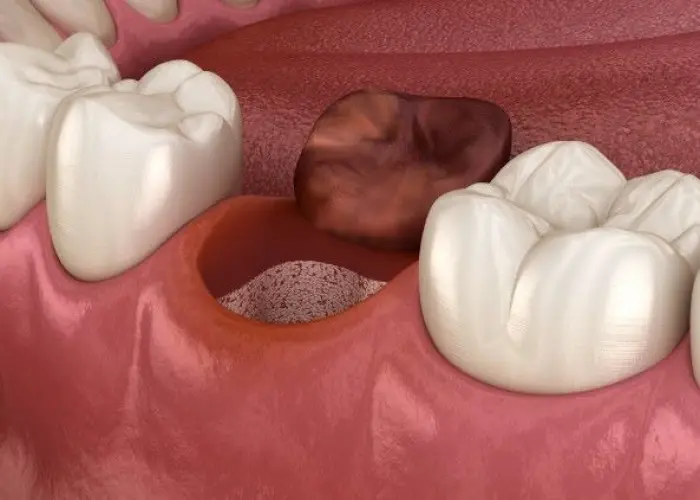
Dry socket

Asthma attack

Bone spurs
Corticobasal degeneration, Corticobasal syndrome, কর্টিকোবাসাল ডিজেনারেশন
To be happy, beautiful, healthy, wealthy, hale and long-lived stay with DM3S.
